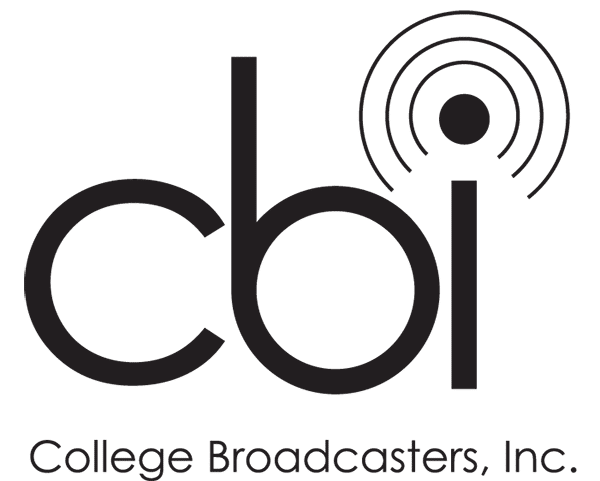January 23, 2014
Webcasting Rates for 2011-2015 Almost Final (Again)
Last Updated on January 23, 2014 by askcbiorg
Rates and terms for webcasting are set in five year increments through a federal rate setting process. CBI negotiated a settlement which was available to any student station and asked the Copyright Royalty Board to adopt those rates and terms as applicable to all student stations and it did. Another organization objected to many facets of the rate setting, including the rates CBI negotiated. To an extent, the other organization won their appeal, but only on the grounds that Copyright Royalty Board, as constructed, was unconstitutional. The result was that the rates and terms were thrown out and remanded. The CRB conducted a proceeding on the remanded case and did not change a thing concerning rates and terms for student (educational) stations in their initial determination. The CRB had some comments and observations concerning the objecting party.
“The rationale for the IBS objection to adoption of the settlement described in the CBI/SoundExchange Agreement has remained elusive throughout the proceeding.”
“In closing argument, IBS reiterated its objection to adoption of the CBI/SoundExchange
Agreement. When pressed by the Judges to articulate specific objections, IBS counsel stated that IBS objected to the agreement to the extent it applied to IBS’s smaller members. By this, the Judges understand counsel to be expressing concern that adoption of the agreement would prevent IBS from pursuing its rate proposal (for “small” and “very small” noncommercial webcasters) in the proceeding.
The Judges find that IBS did not interpose a proper objection under section 801(b)(7)(A)(ii) of the Act that would require the Judges to weigh the reasonableness of the CBI/SoundExchange Agreement. IBS’s objection is premised on the erroneous assumption that adoption of the agreement would prevent IBS from pursuing its rate proposal. IBS’s proposal relates to different categories ofwebcasters from those covered by the CBVSoundExchange Agreement. While the latter covers noncommercial educational webcasters, the IBS proposal covers noncommercial webcasters (whether or not they qualify as “educational”) that fall within its definitions of”small” and “very small.” Adoption ofthe one does not preclude (and has not precluded) consideration of the other.
In addition, even if the Judges were to consider IBS’s objection to be proper, IBS failed to present any evidence to support a conclusion that the CBI/SoundExchange Agreement does not form a reasonable basis for setting rates and terms for noncommercial educational webcasters. IBS ‘s counsel made dire predictions that the rate structure adopted in the agreement would prevent many IBS members from performing webcasting services. See, e.g., 515110 Tr. at 62-64 (Hearing on Joint Motion to Adopt Partial Settlement). IBS did not offer testimony from any adversely affected member, however, in spite ofthe Judges’ invitation to do so.”
“The IBS rate proposal is more difficult to discern.”
“IBS did not file a formal rate proposal with the Judges prior to the evidentiary hearing. Instead, IBS included a vague request in the written direct testimony of one of its three witnesses, Frederick J. Kass, Jr., IBS ‘s chief operating officer. Kass WDT at 1, 9 (“IBS Members should only pay for their direct use of the statutory license by the IBS Member. There should be no minimum fee greater than that which would reasonably approximate the annual direct use of the statutory license, not to exceed $25.00 annually.”). Capt. Kass’s written testimony also included as an exhibit a joint petition to adopt an agreement negotiated between the RIAA, IBS, and the Harvard Radio Broadcasting, Co. that was submitted to the Copyright Office on August 26, 2004. That agreement contained rates that diverged from those Capt. Kass proposed in his testimony. This discrepancy led to a convoluted discussion during Capt. Kass’s live testimony as the Judges strived to determine precisely what rate structure IBS was seeking. 4/22/10 Tr. at 774-93 (Kass). After the hearing, IBS submitted a “Restatement of IBS’s Rate Proposal” on May 21, 2010, and an “Amplification of IBS’s Restated Rate Proposal” on July 28, 2010. The proposal summarized in text is from IBS’s July 28,2010, submission.”
“The Judges declined to admit the testimony ofiBS’s sole rebuttal witness, Frederick Kass, after it became apparent that his Written Rebuttal Testimony was not submitted in accordance with the Judges’ rules (it was not verified in accordance with 37 CFR 350.4(d)) and Capt. Kass was unfamiliar with its contents. 7/29/10 Tr. at 292-96 (Kass). IBS sought reconsideration of the decision, which the Judges denied. Order Denying IBS’s Motion for Reconsideration of the Rulings Excluding Its Rebuttal Case (August 18, 2010). Even if Capt. Kass’s testimony had been admitted, it could not have made up for the deficiencies of IBS’ s direct case, as such testimony would have been outside the scope of rebuttal testimony.”
“IBS did not offer testimony from any entity that demonstrably qualified as a “small” or “very small” noncommercial webcaster.”
“IBS did not introduce any evidence concerning any webcaster other than WHUS, and never even identified its own members in this proceeding.”
The initial determination was issued on January 9, 2014. In the determination the judges wrote, “the parties have 15 days from the date of issuance to request rehearing on any issue. After resolution of rehearing requests, if any, the Judges will forward a Final Determination to the Librarian for publication.” Once published, the rates and terms will once again be final, but IBS could again appeal to the courts the outcome. The full text of the decisions is available here as a PDF.
Updated, Jan. 27:
As expected, IBS has requested a rehearing of the decision of the CRB largely on the same grounds it contested previous outcomes. IBS’s motion for rehearing, as a PDF here.



